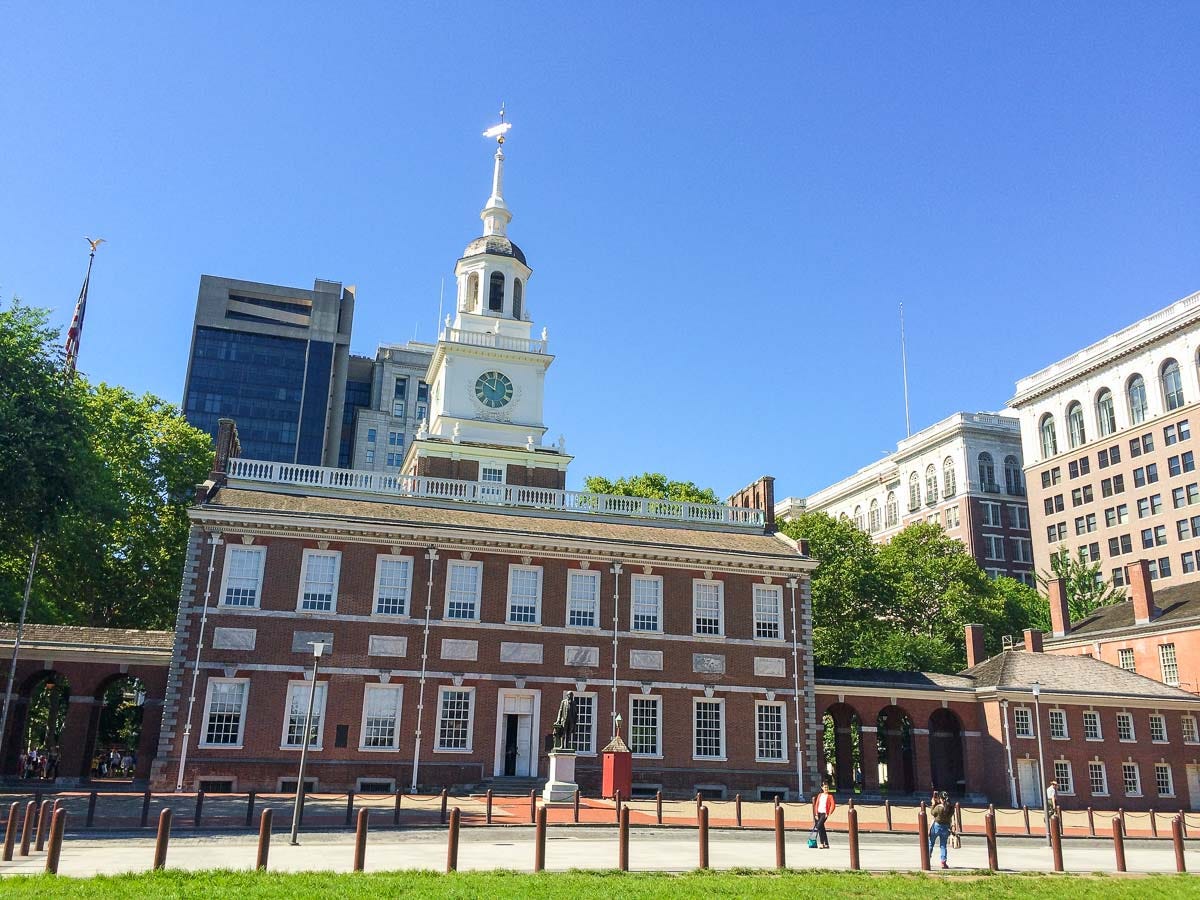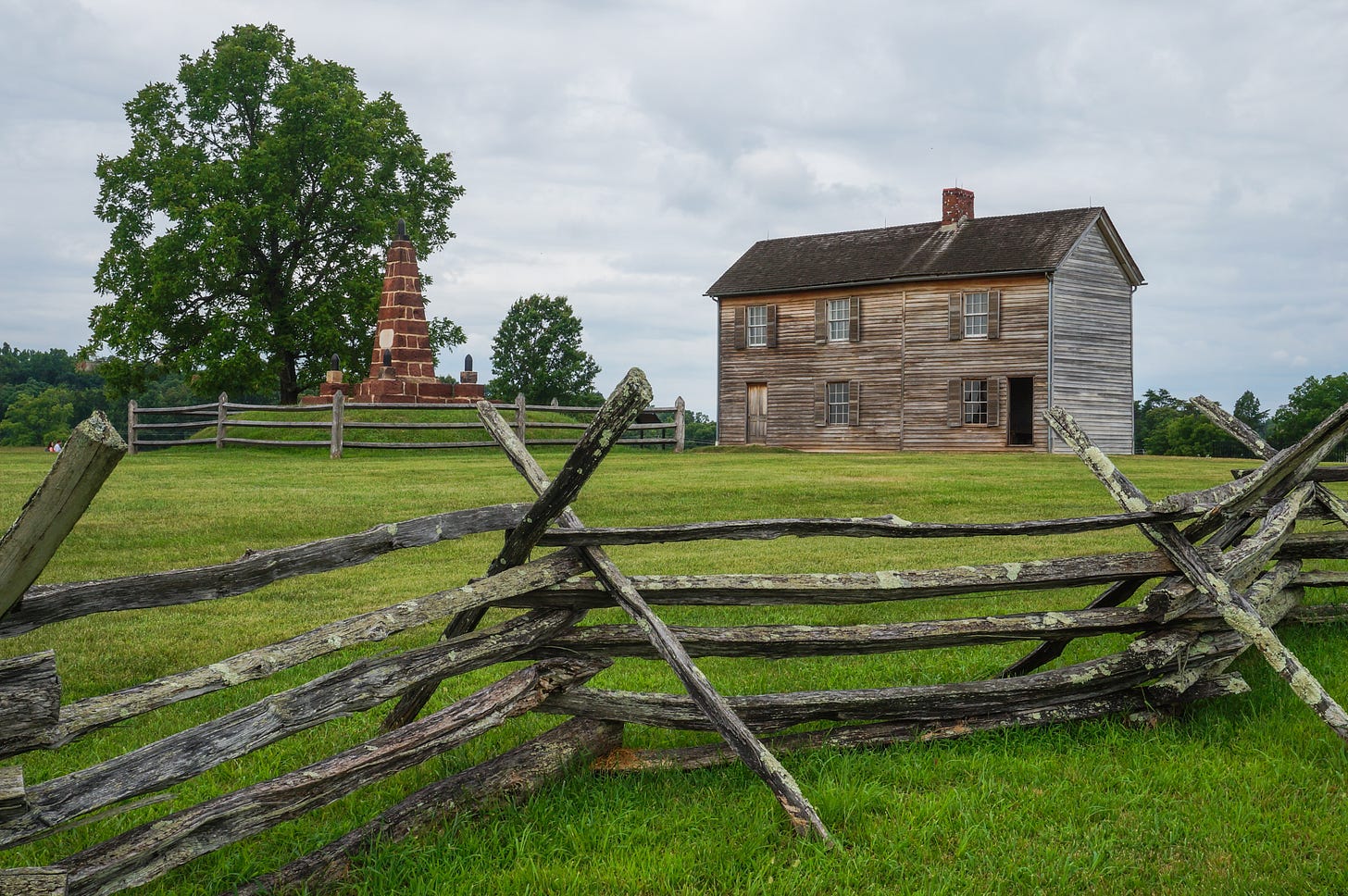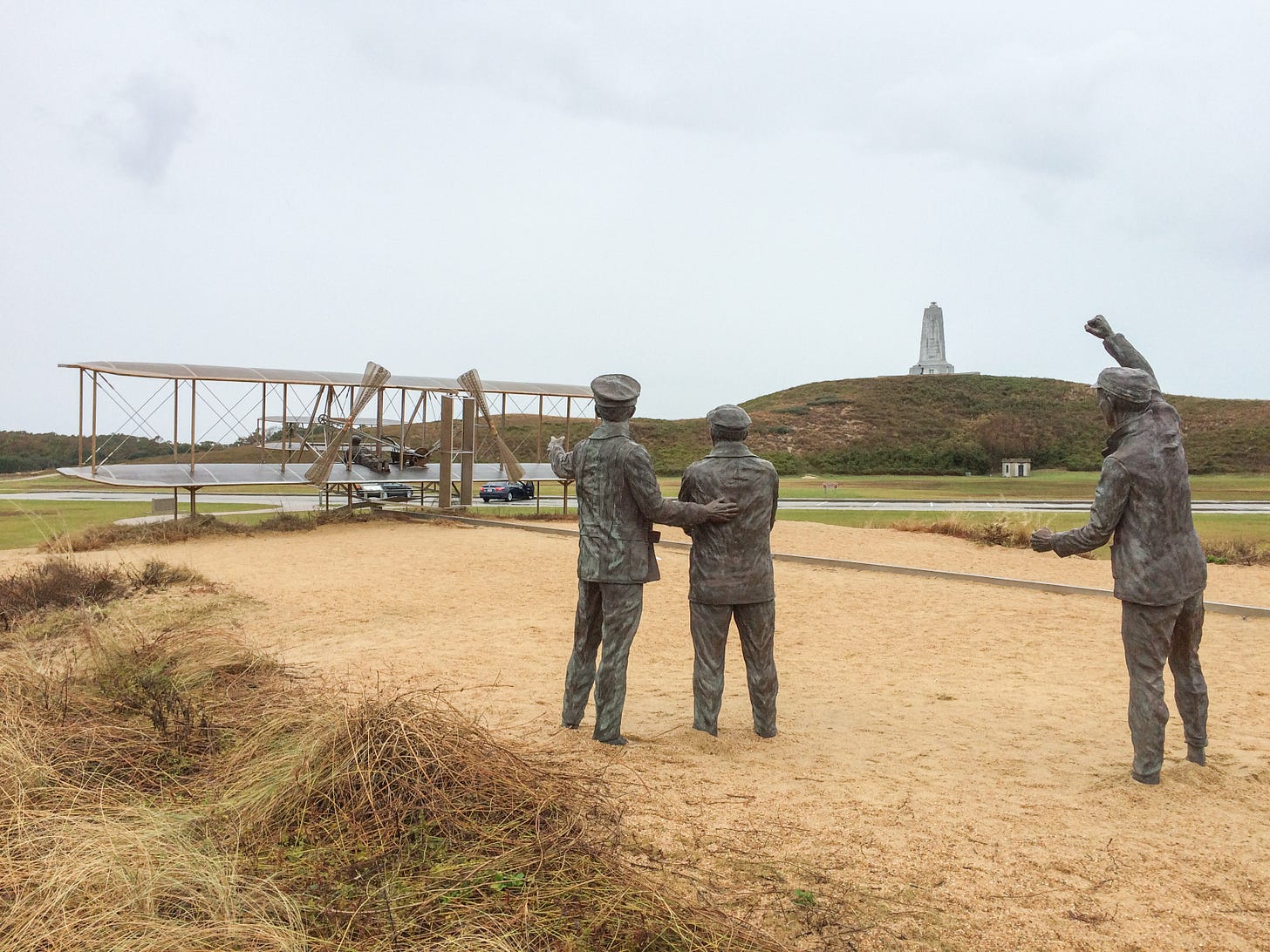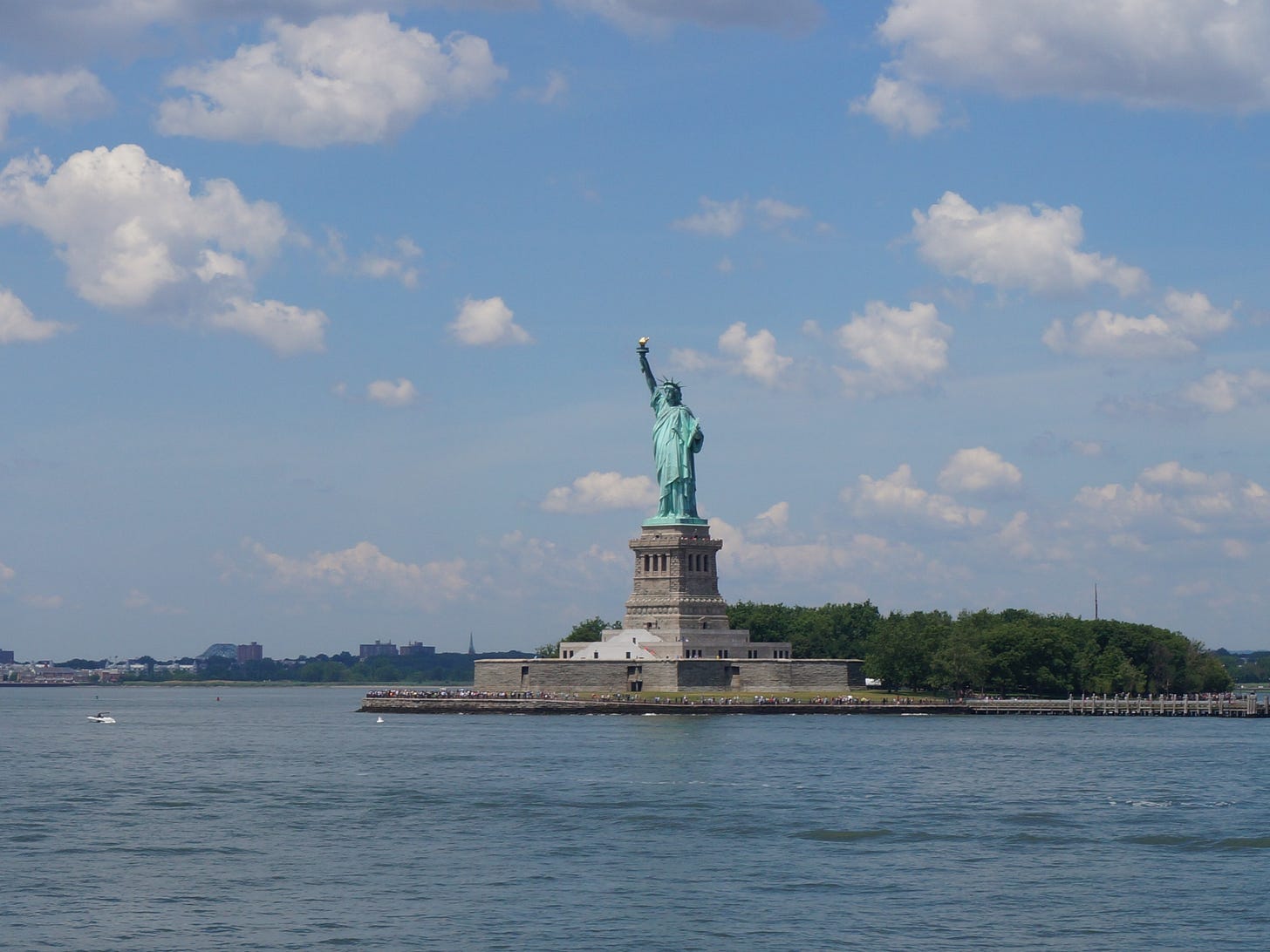Preserving the Republic: National Parks Are So Much More Than Just Natural Spaces
On June 21, 1788, the U.S. Constitution, written in what is now Independence National Historical Park, was officially ratified
On June 21, 1788—237 years ago today—the United States Constitution was ratified by New Hampshire, the ninth state to do so, officially setting the foundation for a new national government.
It was a moment of extraordinary consequence—a legal and philosophical framework forged not by accident, but through debate, compromise, and a belief that democratic ideals could be etched into a governing document.
Once officially ratified, the U.S. Constitution, first signed on September 17, 1787, in the hallowed Assembly Room of Independence Hall in Philadelphia, reverberated across the newly united states.
Today, Independence Hall stands preserved as a unit of the National Park System—Independence National Historical Park—a physical embodiment of our founding values.
This very building and what occurred there is so globally significant, it’s also a UNESCO World Heritage Site, one of 26 in the United States (including no fewer than nineteen other National Park Service (NPS) sites).


But in today’s hyperpolarized political climate, we must ask: are we still upholding the spirit of that moment? And can our national parks serve as the sacred ground where those ideals are renewed?
America’s national parks are often described as our nation’s best idea. But they are more than scenic vistas and outdoor recreation sites. They are living memorials to the American experiment.
From battlefields like Gettysburg and Manassas to civil rights sites like the Selma to Montgomery National Historic Trail, from the Wright Brothers National Memorial and Thomas Edison’s laboratory to the solemn grounds of Manzanar, our parks tell stories—not just of natural beauty, but of struggle and conflict, identity and inclusion, invention and innovation, creativity and, above all, freedom.


That makes June 21 so much more than a historical footnote. It’s a reminder that democracy is not self-sustaining. The Constitution was a start, not a finish line.
The ratification was an act of collective imagination—the notion that thirteen fractious colonies could bind themselves into a union governed not by a king, but by laws, by people, by institutions accountable to the public.
Today, those institutions are under immense strain. Political polarization, disinformation, and erosion of trust in government threaten the very constitutional principles ratified 237 years ago. And yet, it is in our national parks that Americans can reconnect with that foundational ethos.
When a visitor walks through the doors of Independence Hall, they don’t just see a room with old desks and worn floorboards. They witness the birth of an idea.
When they stand before the Statue of Liberty or walk the Freedom Trail in Boston—both also part of the National Park System—they encounter more than landmarks; they engage with a living legacy of civic values.

These places make the abstract tangible.
They remind us that our freedoms were constructed, contested, and ultimately codified. And that they must be protected.
The National Park Service serves not only as a steward of America’s amazing natural wonders but as a guardian of its public memory.
In an age where historical truth is often subject to political distortion, the interpretive work of rangers, historians, and educators becomes even more vital. Just consider how contentious public discourse has become around the teaching of American history.
National parks stand as nonpartisan spaces where history should be engaged authentically, with nuance and depth.
Yet, the very existence of these places is not guaranteed. Political efforts to defund or privatize public lands, to open protected areas to extraction industries, or to limit educational programming under the guise of “neutrality” or even “patriotism” threaten the core mission of the NPS.
On June 21, 1788, our ancestors enshrined the idea that governance should be in the hands of the people. When we sell off or erode access to public lands, we betray that legacy.
Public lands are one of the few truly democratic spaces left in America.
You don’t need a membership, a political affiliation, or a certain income to walk into Grand Canyon National Park or to visit the Little Rock Central High School National Historic Site.

These places belong to everyone. That was, and remains, a revolutionary idea.
It ties directly back to the constitutional belief that this nation would not belong to elites, monarchs, aristocrats, or oligarchs, but to the people.
In the current political climate, the Constitution is frequently invoked but rarely studied in good faith. Its principles—the three branches of government, checks and balances, individual rights—are too often used as cudgels rather than commitments.
But our national parks offer a chance to relearn what those ideals actually mean.
A ranger’s talk at Valley Forge, a visit to Birmingham Civil Rights National Monument, or a guided walk through the Japanese internment camp at Minidoka, can illuminate constitutional themes better than any viral meme or cable news debate.
On this anniversary, we must recommit to the principles ratified on June 21, 1788. That means not only defending our Constitution in courts and Congress but also in the cultural spaces where civic identity is formed.
The National Park System is one of those spaces. Investing in it is an investment in national unity, historical literacy, and civic resilience.
We must reject efforts to whitewash or weaponize our past. Instead, let’s use our parks as classrooms for democracy.
Let’s bring students to the Frederick Douglass National Historic Site, to hear the story of an American who forced the Constitution to live up to its promises, or Pullman National Historical Park, where they can learn about workers’ rights.
Let’s fund ranger programs, restore aging infrastructure, and expand access so that all Americans—regardless of race, region, or income—can partake in the shared inheritance these lands represent.
June 21 is not a national holiday, but maybe it should be. Although it was written and signed a year earlier, this was the day our Constitution became official, the framework in which the U.S. government would operate.
In a very real sense, it may be even more important than the Declaration of Independence on July 4—June 21 is when the United States became an actual country, the constitutional federal republic that it remains to this day.
And in a time of deep division, what better place to remember that commitment than on the lands held in common by us all?
Here’s How to Take Action to Protect Public Lands
There are a number of easy and convenient ways to voice your opposition to the selling of public lands:
Call your senator at 202-224-3121.
Contact your senator via 5calls.org.
Fill out the “Stop the Senate’s Plan to Sell Off Public Lands” form provided by Outdoor Alliance.




